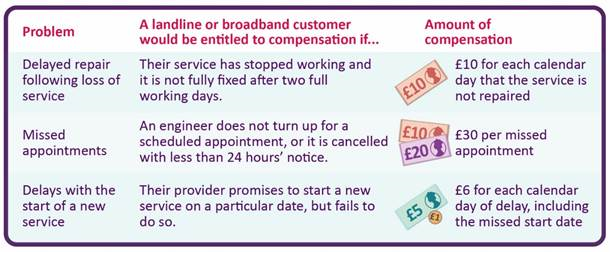Henry VIII clauses
Henry VIII legislation is a pejorative term for laws passed without Parliamentary approval. The EU has been good at using such powers. Henry VIII sometimes passed laws by proclamation, without reference to Parliament. That is exactly how the EU legislates when it puts through directly acting Regulations. The UK Parliament cannot amend or vote down such laws, but just has to accept them as good UK law. Once we have left the EU there will be no more directly acting Regulations that Parliament cannot vote down.
Incorrectly some people argue that a Henry VIII clause is a clause in an Act of Parliament which allows government to provide more detail under the Act by means of Statutory Instrument rather than having to enact further primary legislation. This has been a common practice by governments of all persuasions. Parliament agrees the framework and main provisions of an Act, then allows details like level of charges or dates of implementation to be made by Statutory Instrument. SIs still need Parliamentary approval. Parliament may debate any SI it wishes, and can vote them down if they do not suit. Parliament decides when it passes the original primary legislation how much details it is willing to handle at a future date by SI and how much of the detail has to be on the face of the Bill. Any perishable or often changing provision, like a fee or charge level, is often best left to more flexible SIs.
This system has only been extended beyond its desirable limits by substantial legislation required by the EU. Much EU legislation takes the form of a Directive or instruction to the member states to enact laws in line with the Directive. The UK has often done this by means of Statutory Instruments under the power of the 1972 European Communities Act. Large swathes of our environmental, agricultural, trade and many other areas of law have been put through by such means. The 1972 Act offered by far and away the biggest extension of the power to government to legislate by SI ever adopted, and it is a power which has been used over and over again since 1972. That will end with repeal of the Act. The government has never been granted the same power to use SIs by non EU Acts.
When Parliament passes the Great Repeal Bill to provide continuity of law as we exit the EU under the Article 50 process it will wish to transfer all existing EU law into UK law, and to allow some future changes to be made by SI where these are tidying up matters. Parliament will not allow the government to create a new fishing policy or a new agriculture policy by SI under the Repeal Act nor will the government demand such power. Once the UK has left the EU and ensured continuity of law, it will then be up to Parliament to decide which areas it wishes to amend or repeal. A new fishing policy, for example, may well be a priority. That will require a proper White Paper and an Act of Parliament. Brexit is about strengthening Parliamentary and public scrutiny and consent to our laws. Only the EU made law by proclamation ignoring the UK parliament, and only the 1972 Communities Act greatly widened the power to use SIs.
read more

